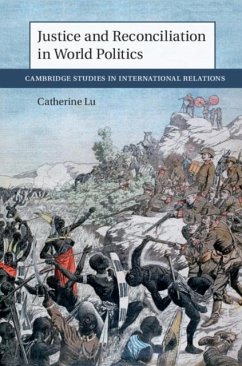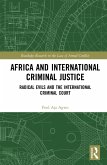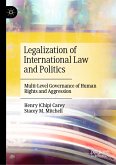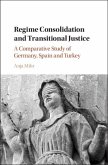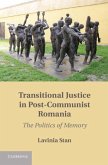Calls for justice and reconciliation in response to political catastrophes are widespread in contemporary world politics. What implications do these normative strivings have in relation to colonial injustice? Examining cases of colonial war, genocide, forced sexual labor, forcible incorporation, and dispossession, Lu demonstrates that international practices of justice and reconciliation have historically suffered from, and continue to reflect, colonial, statist and other structural biases. The continued reproduction of structural injustice and alienation in modern domestic, international and transnational orders generates contemporary duties of redress. How should we think about the responsibility of contemporary agents to address colonial structural injustices and what implications follow for the transformation of international and transnational orders? Redressing the structural injustices implicated in or produced by colonial politics requires strategies of decolonization, decentering, and disalienation that go beyond interactional practices of justice and reconciliation, beyond victims and perpetrators, and beyond a statist world order.
Dieser Download kann aus rechtlichen Gründen nur mit Rechnungsadresse in A, B, BG, CY, CZ, D, DK, EW, E, FIN, F, GR, HR, H, IRL, I, LT, L, LR, M, NL, PL, P, R, S, SLO, SK ausgeliefert werden.

